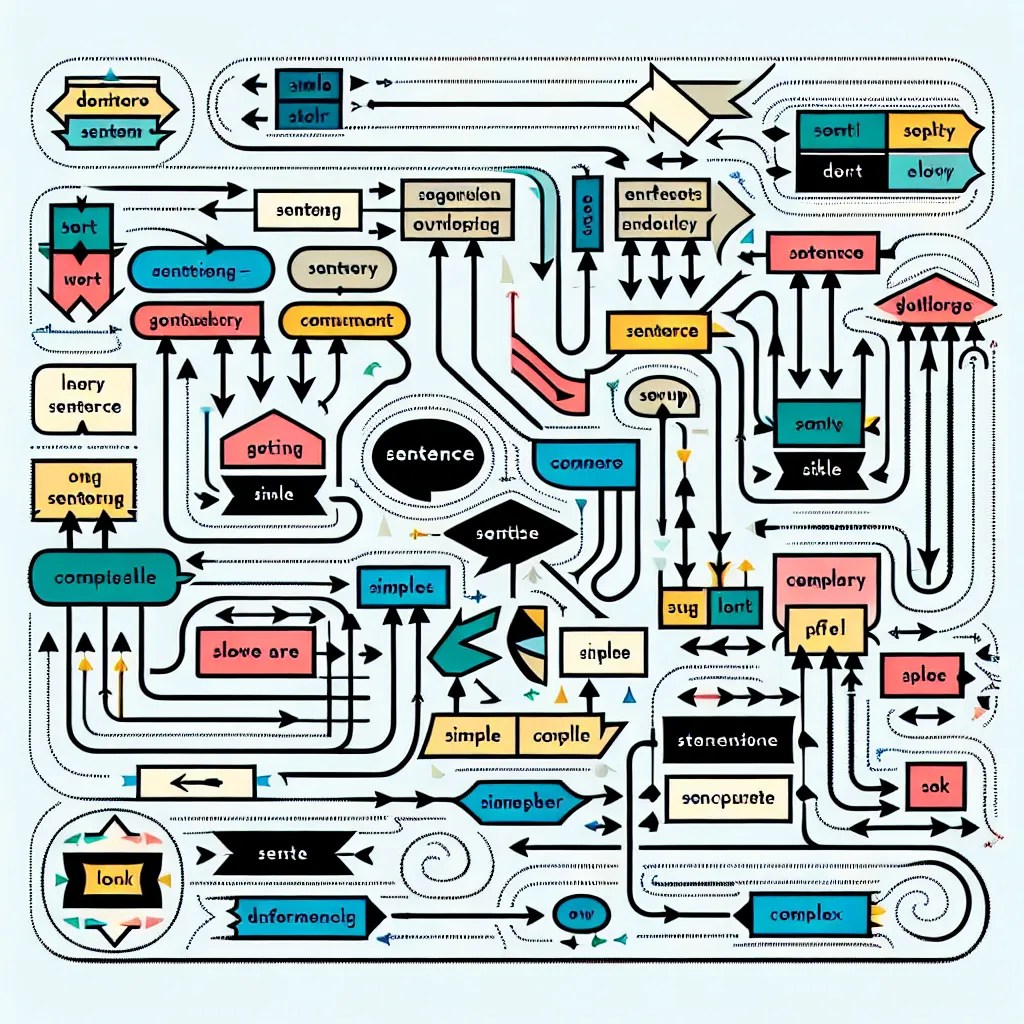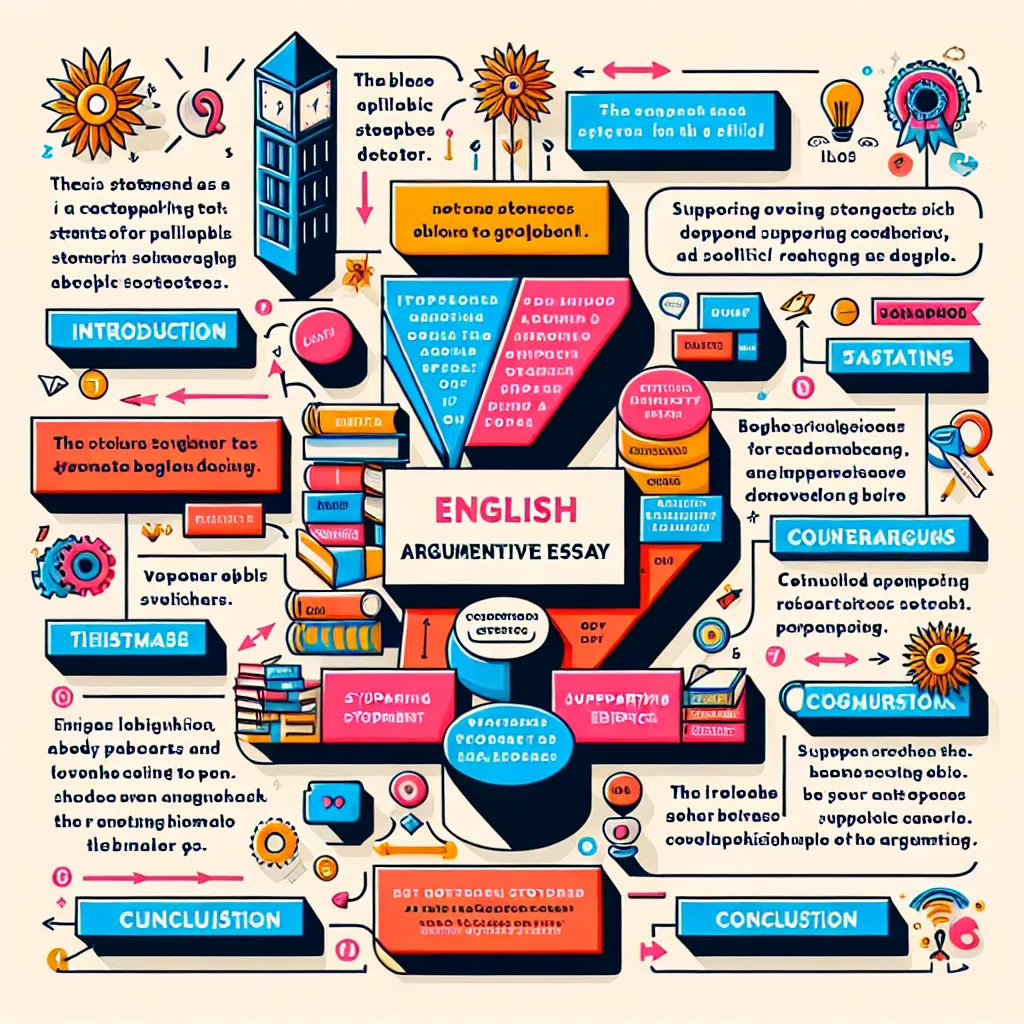Are you struggling to understand English presentations? Whether you’re a student attending lectures or a professional participating in international conferences, improving your English comprehension skills during presentations is crucial. This article will explore effective strategies to enhance your understanding of English presentations, helping you to grasp key concepts and participate more confidently in academic and professional settings.
Why is English Comprehension During Presentations Important?
English is widely used as the lingua franca in many academic and business environments. Being able to comprehend English presentations effectively can:
- Boost your academic performance
- Enhance your professional development
- Increase your confidence in international settings
- Improve your networking opportunities
Understanding presentations in English is a valuable skill that can open doors to new opportunities and experiences.
 English presentation comprehension
English presentation comprehension
Strategies to Improve Your English Comprehension During Presentations
1. Prepare in Advance
One of the most effective ways to enhance your comprehension is to prepare before the presentation. Here’s how:
- Research the topic: Familiarize yourself with the subject matter and key vocabulary.
- Review the agenda or abstract: This will give you an idea of what to expect.
- Practice active listening: Train yourself to focus on the main ideas rather than trying to understand every word.
2. Focus on Visual Aids
Presenters often use visual aids to support their message. Make the most of these by:
- Paying attention to charts, graphs, and images
- Noting down key points from slides
- Using visuals to reinforce your understanding of the spoken content
3. Take Effective Notes
Note-taking is a crucial skill for enhancing comprehension. Try these techniques:
- Use abbreviations and symbols for quick writing
- Focus on main ideas rather than trying to write everything down
- Review and organize your notes immediately after the presentation
For more tips on effective note-taking, check out our article on strategies for efficient note-taking in English classes.
4. Engage in Active Listening
Active listening involves fully concentrating, understanding, responding, and then remembering what is being said. To practice active listening:
- Maintain eye contact with the speaker
- Nod and use other non-verbal cues to show you’re engaged
- Try to anticipate what the speaker will say next
5. Utilize Context Clues
When you encounter unfamiliar words or phrases, use context clues to deduce their meaning:
- Pay attention to the words and phrases surrounding the unfamiliar term
- Look for definitions or explanations the speaker might provide
- Consider how the word fits into the overall topic of the presentation
6. Participate in Q&A Sessions
Many presentations include a question and answer session. Take advantage of this opportunity by:
- Preparing questions in advance
- Listening carefully to others’ questions and the speaker’s responses
- Asking for clarification on points you didn’t fully understand
7. Practice with Online Resources
Improve your listening skills outside of presentations by:
- Watching TED Talks or academic lectures on platforms like Coursera or edX
- Listening to English podcasts related to your field of study or interest
- Using language learning apps that focus on listening comprehension
8. Enhance Your Vocabulary
A strong vocabulary is key to better comprehension. To build your vocabulary:
- Create a word bank of terms related to your field or the presentation topic
- Use flashcards or vocabulary apps to learn new words
- Practice using new words in context through writing or speaking exercises
9. Improve Your Overall English Skills
Enhancing your general English proficiency will naturally boost your comprehension during presentations. Consider:
- Taking English language courses focused on academic or professional English
- Joining language exchange groups to practice with native speakers
- Reading extensively in English, especially materials related to your field
Common Challenges and How to Overcome Them
Dealing with Accents
Presenters may have different accents, which can be challenging. To overcome this:
- Expose yourself to various English accents through movies, podcasts, and videos
- Focus on the overall message rather than individual words
- Practice listening to presentations or talks by speakers with different accents
Handling Fast-Paced Presentations
Some presenters may speak quickly, making it difficult to keep up. Try these strategies:
- Focus on key words and main ideas
- Use abbreviations in your notes to write faster
- If possible, ask the presenter to slow down or clarify points during the Q&A session
Managing Technical Jargon
Presentations often include field-specific terminology. To manage this:
- Research and familiarize yourself with common terms in your field before the presentation
- Note down unfamiliar terms to look up later
- Don’t hesitate to ask for clarification during appropriate moments
Next Steps
Improving your English comprehension during presentations is an ongoing process. To continue enhancing your skills:
- Set specific goals for each presentation you attend (e.g., understanding 80% of the content)
- Reflect on your progress and identify areas for improvement after each presentation
- Seek feedback from peers or mentors on your comprehension and note-taking skills
- Consider recording presentations (with permission) to review later and practice your listening skills
Remember, practice makes perfect. The more presentations you attend and actively engage with, the better your comprehension will become.
In conclusion, enhancing your English comprehension during presentations requires a combination of preparation, active engagement, and continuous practice. By implementing these strategies and persistently working on your language skills, you’ll find yourself understanding more, participating confidently, and getting the most out of English presentations in both academic and professional settings.
We encourage you to share your experiences and any additional strategies you’ve found helpful in the comments below. For more resources on improving your English skills, explore our other articles on effective language learning techniques.




